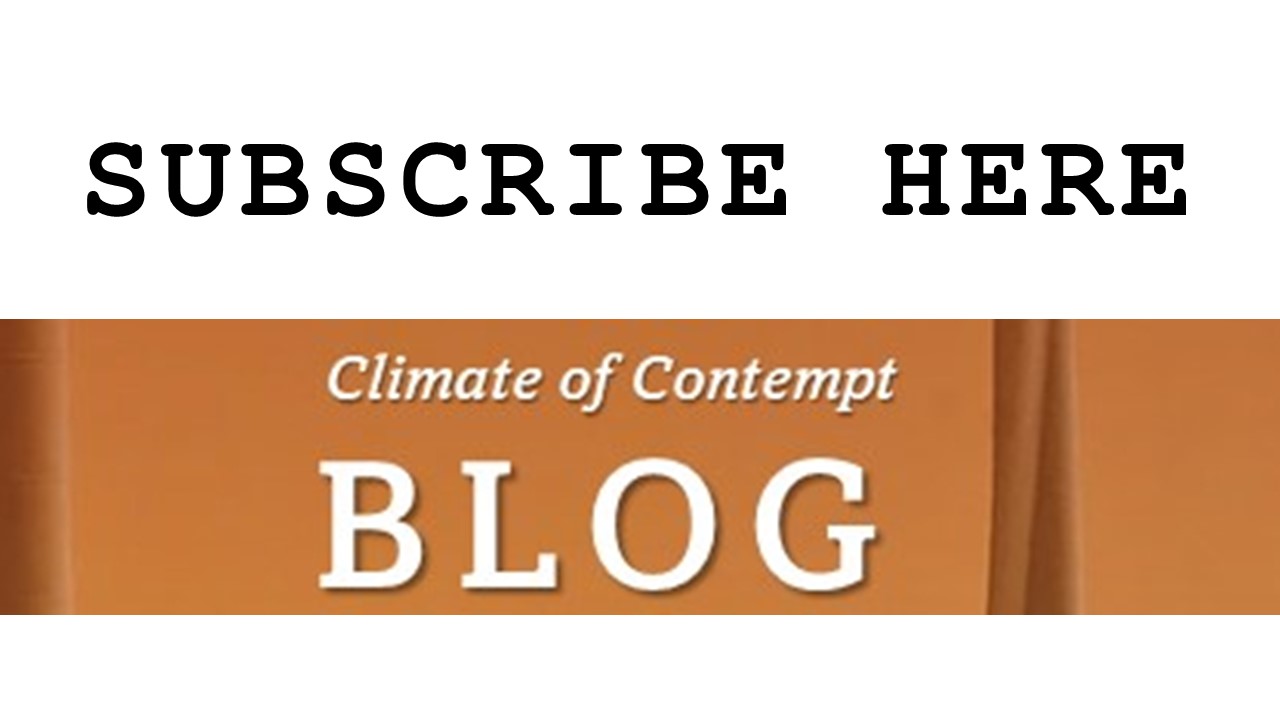I note in Appendix G to Climate of Contempt the reaction of one of my manuscript reviewers to my assertion that the internet distorts the policy thinking of people in both parties. The reviewer wrote that the book reads “too much as if it’s a both sides issue.”
That reaction is understandable, and could reflect several legitimate worries.
One is that careless readers will equate both-siding with symmetry. The book notes in at least three different chapters that the mis/disinformation problem is not symmetrical; the empirical evidence indicates that it afflicts more right wing media consumers and politicians than left wing ones. But that very asymmetry magnifies the risks of rhetorical overreach by the ideological left. Right wing media and politicians magnify the worst of the left so proficiently that left wing hyperbole backfires much more often than right wing hyperbole does. So far at least, they apparently do a far better job of caricaturing their opponents than Democrats do.
Both-siding may look particularly objectionable to those who see climate policy battles as truly existential, and policy victory as a moral imperative. In my 2020 university presentations on this issue I made an analogy to a soldier charging up Omaha Beach on D-Day asking his commanding officer, “Are you sure that this is the hill we are supposed to take?” Questioning “my team” in that context is unhelpful . But we are not charging up Omaha Beach. The battle plans are still being debated and developed, and Climate of Contempt argues that some of the planners are ignoring crucial pathologies in American politics that will lead them away from their objective, not toward it.
And in any case, scholars and other public experts should never disguise or withhold the truth—from others or ourselves. We can be advocates in our capacity as voters or or citizens or lawyers. But as educators we have a duty to tell the whole truth, including the parts that reflect poorly on policy positions we favor. At least, that’s my view.
Regardless, allegations of both-siding are deflections. They don’t engage an argument; they instead try to steer attention away from it.
In the end, the harm that the modern media environment is inflicting on American politics is a both sides issue. The empirical research discussed in my book demonstrates as much. So when someone tries to dismiss your online question or comment by calling it “both-siding” or “the opponent’s talking points,” recognize that response for the weak, ad hominem deflection that it is. Persist. Be a truth-seeker. If you have a concern or question, chances are that others do too.
If you must discuss politics and policy online, be a force for better, more learning-focused norms. Engage opposing views. Reward others who do the same. Discourage your allies from snarky, nasty ad hominem dismissals. Promote understanding over rhetorical victory. We will all be better off if you do.— David Spence


